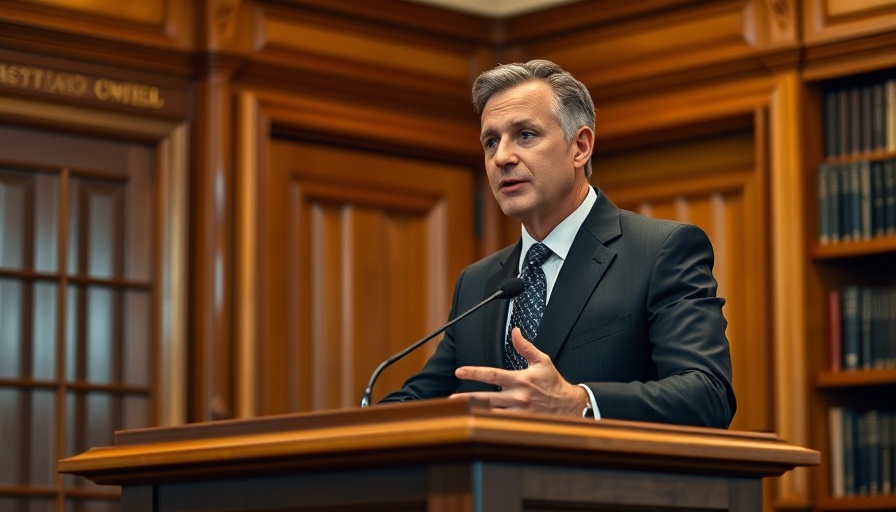
Understanding the AI Copyright Controversy
The ongoing battle over AI copyright raises important questions about the legality and ethics of training artificial intelligence with copyrighted content. Industry giants OpenAI and Google are pushing for the U.S. government to classify the use of copyrighted material in AI training as "fair use." Such claims are not just about corporate advantage; they intertwine with national security narratives and technological innovation.
Legal Justifications Amidst Innovation
OpenAI and Google recently submitted proposals emphasizing that strict copyright laws could hinder U.S. competitiveness, particularly against countries like China, where regulatory barriers are looser. CEO Sam Altman of OpenAI describes this era as the "Intelligence Age," asserting that maintaining an edge in AI correlates with both national security and economic prosperity. However, critics argue that this push for broader fair use interpretations risks undermining the rights of content creators and could lead to ethical dilemmas.
Recent Legal Challenges: A Wake-Up Call
High-profile legal actions involving Meta illustrate the consequences of mishandling copyright issues. Meta was accused of using copyrighted books without permission to train its AI models, leading to a lawsuit by authors who deemed these practices as piracy. This case sheds light on the industry’s precarious balance between innovation and infringement, marking a significant moment in the conversation around AI's role in content creation.
The Global Perspective: Authors' Rights in Jeopardy
International bodies, such as French publishers, are also taking a stance against what they see as systematic copyright infringement by companies like Meta. These organizations emphasized the importance of protecting creators’ rights, suggesting that pushing for broader fair use could diminish the economic viability of creative works. This growing global resistance indicates that the copyright debate is gaining traction beyond American borders.
Fair Use and AI: A Fragile Foundation
At the core of OpenAI and Google's lobbying efforts is the doctrine of fair use, which traditionally permits transformative uses of copyrighted works. Yet, as recent legal cases have shown, the interpretation of fair use in the context of AI is not straightforward. Court decisions have increasingly called into question whether AI-generated outputs are transformative or simply derivative in nature. The implications are significant: failure to clarify these legal definitions risks instability within a rapidly evolving technological landscape.
Finding a Middle Ground: Sustainable Policies for AI
To foster innovation while protecting creators, a nuanced approach is necessary. Recommendations include implementing clear legal standards for fair use in AI, establishing curated datasets specifically for AI training, and creating transparent licensing arrangements that ensure content creators are compensated appropriately. These strategies can help bridge the contentious divide between technological advancement and the rights of artists and authors.
The Call for Balance in AI Development
The current debate is more than just about copyright; it touches on the ethical responsibilities of tech giants in the age of AI. As these companies advocate for broader permissions under the guise of national security, it is vital for policymakers to maintain a balance that safeguards both the future of AI innovation and the rights of creators.
As an AI enthusiast, staying informed about these developments is crucial. Understanding the nuances of the copyright landscape could not only influence how AI evolves but may also shape the future of creative industries.
 Add Row
Add Row  Add
Add 




 Add Row
Add Row  Add
Add 

Write A Comment